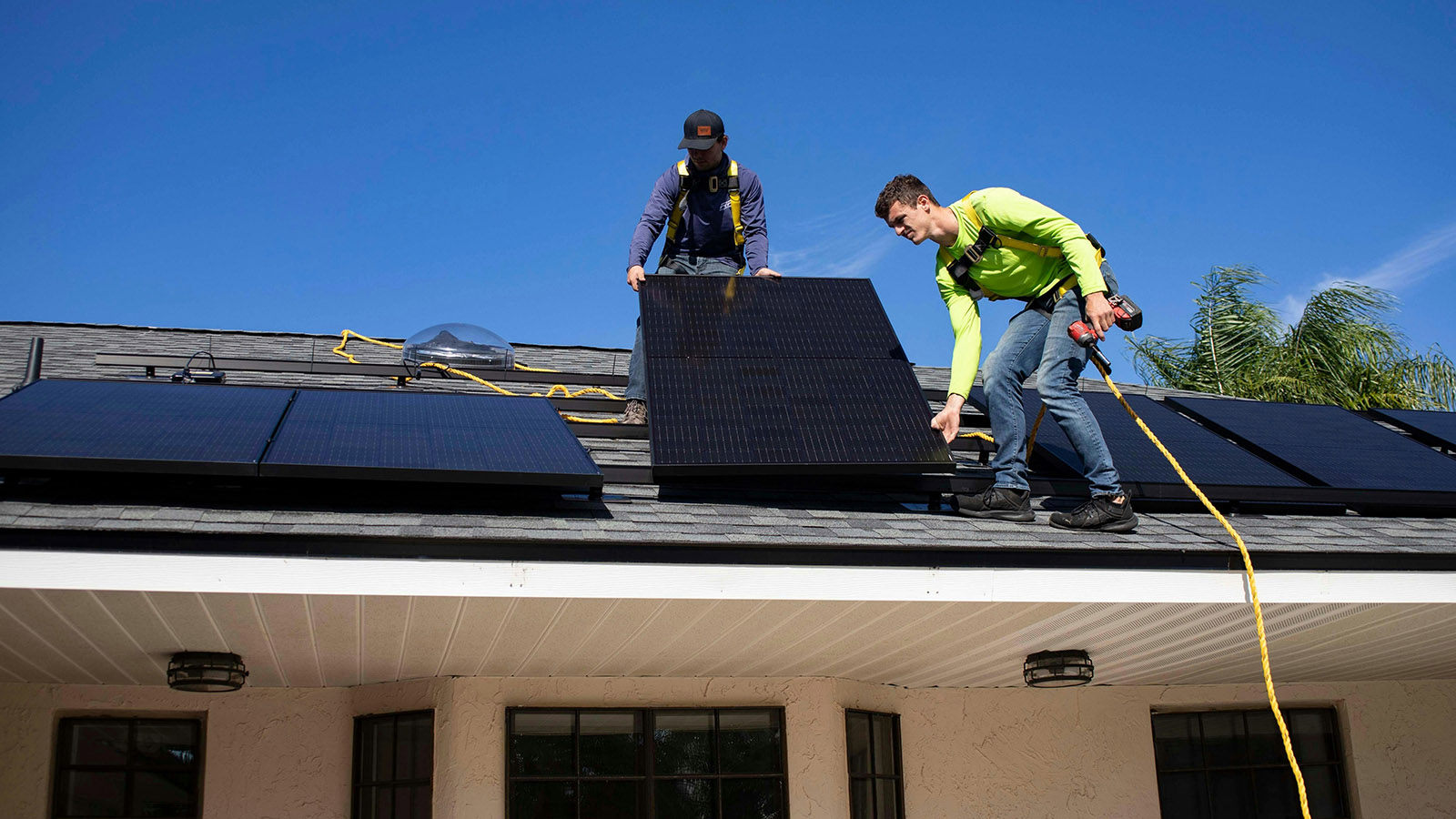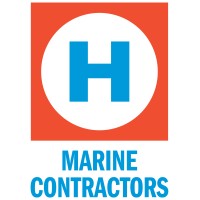Renewable Energy Jobs tagged "Subsea Control Systems"
-
Flexible Full Time 4 days ago
-
Flexible Full Time 4 days ago
-
ExpiredAberdeen, United Kingdom + 1 locationHybrid Full Time 15 days ago
-
ExpiredAberdeen, United Kingdom + 2 locationsFlexible Full Time More than 3 months agoGBP 58k–87k yearly
-
ExpiredAberdeen, United Kingdom + 2 locationsHybrid Full Time More than 3 months ago
-
ExpiredLeiden, the NetherlandsOn-site Full Time More than 3 months ago
Subsea Control Systems in Renewable Energy
Subsea control systems are critical components in the renewable energy sector, particularly in offshore energy projects such as wind farms and tidal energy installations. These systems are responsible for the remote operation and monitoring of subsea equipment, ensuring efficient and safe energy production.
Typical Responsibilities
Professionals working with subsea control systems are tasked with designing, installing, and maintaining control systems that manage subsea equipment. This includes overseeing the integration of sensors, actuators, and communication networks that facilitate real-time data transmission and control. They also ensure compliance with safety and environmental regulations, conduct regular system diagnostics, and troubleshoot any operational issues.
Required Skills and Qualifications
A career in subsea control systems typically requires a background in engineering, such as electrical, mechanical, or systems engineering. Familiarity with control system software, such as SCADA, and experience with subsea technologies are highly valued. Strong problem-solving skills, attention to detail, and the ability to work in challenging offshore environments are essential. Certifications in subsea engineering or related fields can enhance job prospects.
Impact on Renewable Energy Projects
Subsea control systems play a vital role in the efficiency and reliability of offshore renewable energy projects. By enabling precise control and monitoring of subsea equipment, these systems help optimize energy production and reduce downtime, contributing to the overall sustainability and profitability of projects.
Industry Trends and Market Demand
The demand for subsea control systems is growing as the renewable energy sector expands its offshore capabilities. Innovations in smart energy systems and digitalization are driving advancements in subsea technologies, leading to more sophisticated and efficient control solutions.
Career Opportunities and Pathways
Career opportunities in subsea control systems range from entry-level positions such as control system technicians to senior roles like subsea control engineers and project managers. Professionals can advance by gaining experience in related areas such as project management or system design, or by specializing in emerging technologies.
Examples of Real-World Applications
Companies like Aker Solutions and TechnipFMC are known for their work in subsea control systems, providing solutions for offshore wind and tidal energy projects. These systems are integral to projects like the Hywind Scotland floating wind farm, which relies on advanced subsea technologies to operate efficiently in deep waters.
Challenges and Future Directions
Challenges in subsea control systems include harsh environmental conditions and the need for robust, reliable technologies. As the industry evolves, there is a growing focus on developing more resilient systems and integrating machine learning for predictive maintenance and enhanced operational efficiency.
Get Job Alerts
Get alerts for Subsea Control Systems jobs
Featured Jobs
Renewable Energy Blog Posts
-

Renewable Energy Forecast for 2030
By 2030, renewables are poised to supply nearly half of global electricity, with solar and wind leading this explosive expansion. In this data-driven piece, we explore job creation forecasts, supply chain bottlenecks, and policy hurdles. -

Fastest Growing Renewable Energy Sector: Data and Trends
In 2023, solar photovoltaics surged by 32.59%, officially making it the fastest-growing renewable energy source worldwide. Yet offshore wind, which soared by 57.87% in 2021, remains a formidable competitor in total electricity output due to its high capacity factor. This concise overview highlights how policy incentives, cost reductions, and manufacturing advances are propelling solar to the forefront of the global energy transition. -

Career Opportunities in Solar Energy
The solar energy sector is experiencing unprecedented growth, with over 7.1 million jobs in solar PV alone as of 2023. For professionals considering a career shift into renewable energy, solar offers pathways across R&D, manufacturing, project development, and operations.









